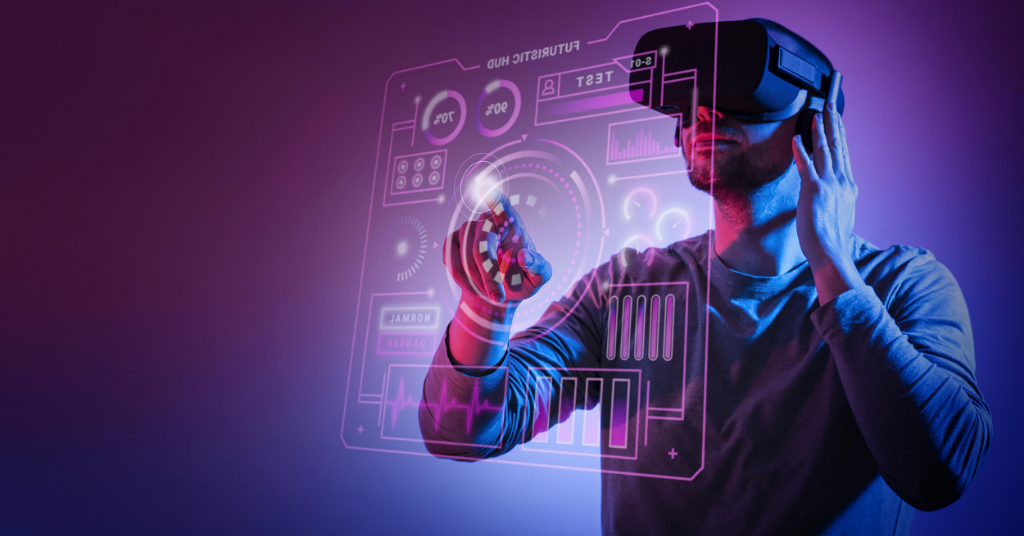How will AI impact data science?
With the potential of ChatGPT and some other automated tools, AI has just teased its potential in 2023.
Data Science has seeped into every possible industry, from hospitality, and healthcare to politics, and it helps business achieve their targets. The economic turbulence of 2023 is a testimonial of how data science can assist businesses to save time and resources in the coming future.
With its effects felt across a wide range of industries, from healthcare to banking and everything in between, data science has become an essential component of our existence. This industry is predicted to undergo substantial changes in 2023, owing largely to the rise of Artificial Intelligence (AI).
Let’s look at a few ways in which AI is likely to impact data science in the coming future:
Table of Contents
1. Task Automation
Data science involves using data and statistical methods to extract insights and make informed decisions. AI can play a crucial role in this process by automating certain tasks and assisting data scientists in their work.
It is projected to automate repetitive and time-consuming processes like data gathering, cleaning, and analysis, allowing data scientists to focus on more complicated jobs.
2. Improved Accuracy
One way AI can influence data science is by increasing the accuracy and speed of data analysis. AI systems can efficiently and accurately analyze vast amounts of data, saving data scientists time and allowing them to focus on more complex tasks.
So many companies use big data and data set models to make practical business decisions, and more accurate model outcomes result in better decisions AI algorithms can assess massive amounts of data with high accuracy and speed, allowing data scientists to generate more accurate forecasts and discover patterns that might otherwise go unrecognized.
3. Faster Analysis
AI algorithms can analyze massive datasets at a faster rate than humans. This can speed up the data analysis process, allowing for real-time insights. Businesses will be able to make faster decisions based on precise data.
As AI capabilities advance, the process of analyses will rapidly increase. This will allow managers to incorporate data in every aspect of their organization, especially the pens which require faster data analyses.
4. Predictive Analytics
AI may be used to create predictive models capable of predicting future trends and actions. AI algorithms can generate accurate predictions about future events by evaluating historical data. Businesses will be able to make better judgments and improve their overall performance as a result of this.
In every industry, predictive data analyses quill smoothen the process of decision-making by timely predicting the opportunities and hiccups in the decided roadmap of the company. This will save a tangible amount of time, effort, and money.
5. Advanced Visualization
AI can help with the creation of powerful data visualization systems capable of detecting patterns and trends in data. This can help firms interpret complex data and make data-driven decisions. Visualization can also help with communicating insights to stakeholders.
Advanced interactive dashboards, reports, and analytics will enhance the user experience and will promote data understanding for the employees. The insights gathered by visual data representation facilitate easy and fast decision-making. These advancements will increase the usability of data analytics tools in various domains and departments in the future.
Can AI replace data scientists completely?
The fear of every data scientist losing their job to artificial intelligence (AI) can be intimidating, but it is to be noted that AI cannot replace data scientists, yet.
As AI becomes more extensively utilized, the demand for data scientists is likely to rise as organizations strive to use the technology to make better decisions and enhance business outcomes.
Data scientists will continue to play a key role in formulating research questions, selecting appropriate data and methodologies, analyzing outcomes, and presenting findings to stakeholders. These jobs need human judgment and decision-making, which AI cannot replace. Data scientists must stay up with these changes and accept AI as a vital tool to aid them in their work.












